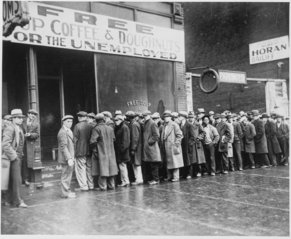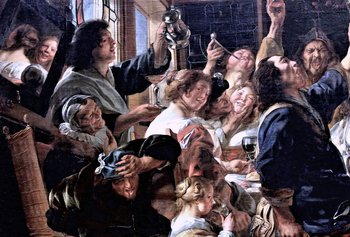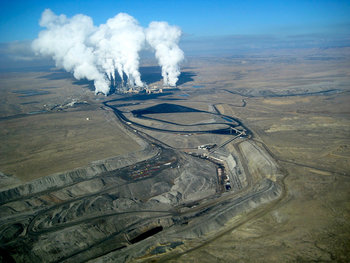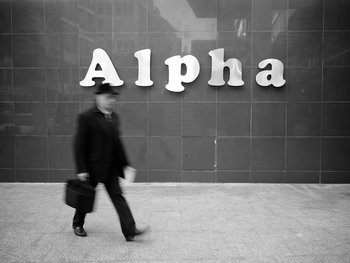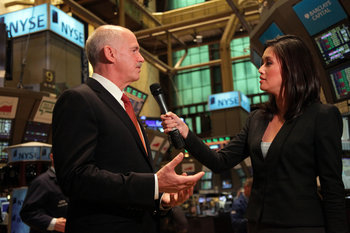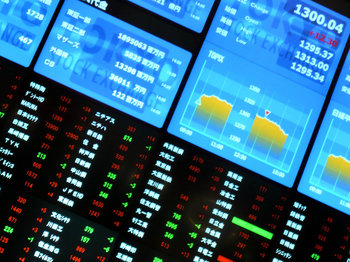
Motivation
The motivations of economic agents. For example, purchases of goods or stocks driven by a fear of missing out.Incentives
Incentives provided by economic systems. For example, a free riding problem whereby economic agents have no incentive not to create unlimited economic bads.Bounded Rationality
The theory that people are basically rational with several important limits. For example, people commonly use heuristics and rules of thumb.Cultural Capital
Social forms of capital whereby an individual is able to influence others in a particular situation based on shared elements of culture. For example, the idea that the value of education goes beyond knowledge to the relationships you build and shared experiences you have that make you a member of a socioeconomic class such as the bourgeoisie.Agency Cost
An agency cost is a difference between the goals of principles and agents that creates inefficiencies. Examples of principle-agent combinations include citizen-politician, citizen-bureaucrat, shareholder-CEO and shareholder-employee. For example, a politician whose primary goal is to assign contracts to friends and generally use their position to do things for powerful entities that will reciprocate. Agency costs cause organizations to behave in irrational ways such as a government that can solve an environmental problem that will cost $10 trillion for $10 billion that doesn't pursuit this route due to cronyism.Herd Behavior
Recognition of social processes whereby groups move as one. For example, a valuable innovation that has low sales until some influential person sees value in it and spreads it to a large social network resulting in a sudden explosion in demand.Non-Rational Decision Making
Modeling decision making processes that are fully non-rational such as an emotional purchase or stock sales driven by a sudden feeling of fear.Framing
The idea that information is not a static thing but is greatly influenced by the nuances of how it is communicated. For example, a charismatic CEO who is able to build a cult following of investors who act fully illogically.Nudge Theory
The idea that subtle suggestions known as nudges influence people more than authoritative and commanding communications. For example, the idea that people might feel a product is environmentally friendly because it has a green package. This complicates economics quite a bit because people may act on minor signals that have nothing to do with the underlying value of a good or security.Information Costs
Information costs are the time and resources that are required to gather and analyze the information required make a decision or solve a problem. For example, small investors don't typically have enough time to fully understand a company's financial statements.Risk Taking
Risk taking and risk aversion behaviors that are surrounded in emotions such as envy and fear.| Overview: Behavioral Economics | ||
Function | ||
Definition | The study of social, cognitive and emotional factors in economics. | |
Value | Standard economic models that assume that all decisions are logical often fail to explain observed phenomena in the global economy. Behavioral economics is a potential way to improve such models. | |
Related Techniques | ||




